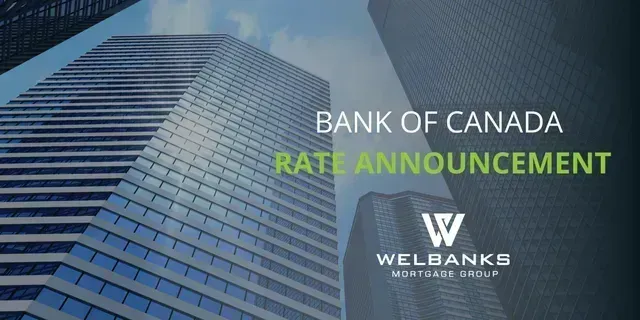Mortgage Insurance Rule Changes Enable Homeowners to Add Secondary Suites
As housing affordability challenges persist across Canada, innovative solutions are reshaping the way homeowners can contribute to housing supply. Starting January 15, 2025, new mortgage insurance rule changes will allow Canadian homeowners to access insured refinancing options to create secondary suites, such as basement apartments or laneway homes.
This move, announced in Budget 2024 and detailed by the Department of Finance Canada, is part of a broader strategy to increase housing density and improve affordability while offering homeowners the chance to generate additional income.
Why These Changes Matter
Historically, converting extra space into rental units has been both costly and mired in municipal red tape. Recent zoning reforms across Canada’s major cities, driven by Housing Accelerator Fund agreements, are reducing these barriers. The creation of secondary suites not only expands housing supply but also provides financial benefits to homeowners, such as offering seniors additional income to support aging in place.
Key Parameters for the New Rules
The new mortgage insurance program is designed to enable homeowners to build legal, self-contained secondary suites that comply with municipal requirements.
Here are the essential details:
Eligibility Requirements
- Homeowners must already own the property.
- The homeowner or a close relative must occupy one of the existing units.
- Additional units must not be used as short-term rentals.
Project Specifications
- New units must be fully self-contained with separate entrances (e.g., basement suites, laneway homes).
- Up to four total dwelling units are allowed, including existing units.
Financial Parameters
- The “as improved” property value must be less than $2 million.
- Homeowners can refinance up to 90% of the property’s value, including the enhanced value from secondary suites.
- The maximum amortization period is 30 years.
- Additional financing must not exceed the project’s costs.
When Do These Rules Take Effect?
Starting January 15, 2025, lenders can submit applications for mortgage insurance under these updated parameters. This applies to all eligible properties across Canada, provided the new units align with municipal zoning requirements.
What This Means for Homeowners
For homeowners with underutilized space, such as basements or detached garages, this new program offers an opportunity to increase property value and create a source of long-term income. By building legal secondary suites, homeowners can contribute to Canada’s rental housing market while gaining financial security.
A Step Toward Housing Solutions
As housing supply remains a pressing issue, these mortgage insurance changes reflect a commitment to practical, homeowner-driven solutions. Whether you’re a senior looking to age in place or a family seeking to maximize your property’s potential, these changes represent an exciting opportunity to invest in your home and your community.
Stay informed and explore your options with your lender to determine if this program is right for you. The path to unlocking your property’s potential begins in 2025.




